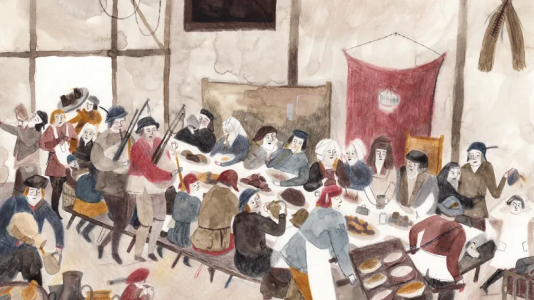I doubt that "they", whoever they are, have done anything as a deliberate policy. The change in spelling is likely due to widespread use of the internet and social media phenomena where we can access so many websites, many of which are American in origin.Agreed, but i think you will find they have already slowly done so to a lot of words, i have noticed lots of words have changed like organization is now spelt with a S not a Z, colour has dropped the U, Labour has dropped the U, favourite has dropped the U, sad to say that gradually it is creeping into our world as the kids of today weren't taught the same way as we were.
The spelling of words with a Z instead of an S is actually correct (please see my post above). Spelling of Labor has also been explained above.
The English language, including usage and spelling, has been evolving and changing for centuries and will continue to do so. It is never going to stagnate into an "our way is the correct way" situation.
Last edited:






